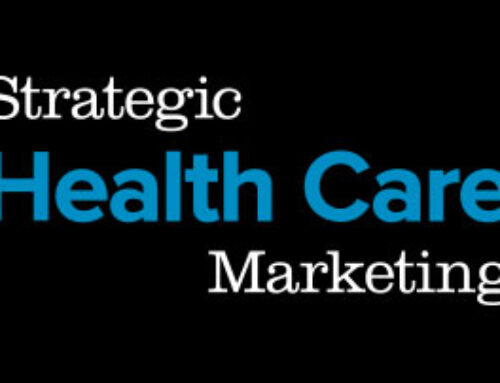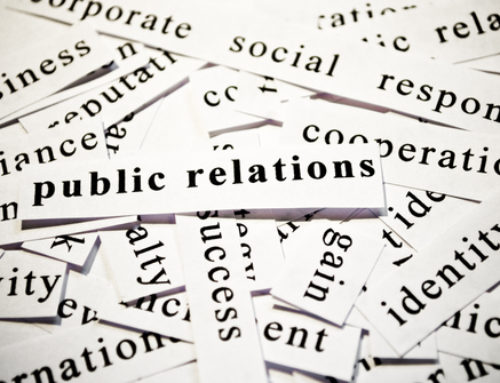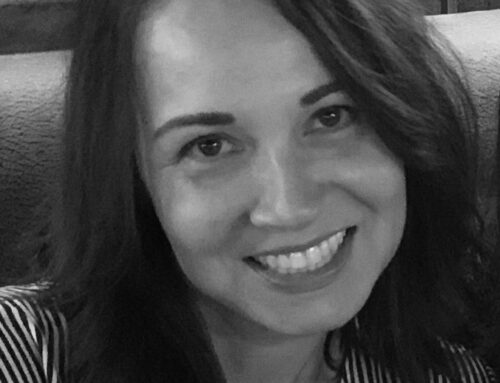By Jack Schlosser
Navigating the rapids of the pandemic while focusing on career success, satisfaction and overall well-being is no small task. Your network of connections may in fact be an untapped source of resilience to help you successfully traverse these challenging times.

For nearly 50 years I have interviewed and worked with thousands of executives, leadership teams and boards. I have closely followed successful careers (and those that get off track) and often use the analogy that your career is like a marathon. One that takes preparation and persistence with unique aspects to early, mid and later stages. I have stressed the importance of establishing your personal reputation by making the most of each role and staying in touch with your level of satisfaction and sense of accomplishment. Importantly, I have emphasized that establishing, expanding and nourishing a network of friends and colleagues can serve as an ongoing source of energy, knowledge and support at each point in your career.
So much of what I have observed, believe and shared through the years is being “pressure tested” by the events that have unfolded since March of 2020, which I view as the milestone when we as a country and health care community started to fully grasp the magnitude of the challenge resulting from the COVID-19 pandemic. Nurses, physicians and other caregivers, while trained to expect significant professional demands, had not expected to find themselves in their own physical and emotionally intense marathon of care delivery that has led to what many call “compassion fatigue.” This is also true for many health care executives and middle managers behind the scenes who have been hit hard by the stress that the pandemic has delivered. Against this background are millions of individuals who have been directly or indirectly impacted by severe illness or death of someone close to them.
As we head toward the closing months of 2021, with a still blurry picture of the future as it relates to this pandemic, many people are searching for a path leading to a better situation for themselves. Radical personal and professional change is on the minds of many.
Some call it the “great resignation” or the “big quit” with serious implications for careers, care delivery and the shape of health care throughout the nation. Healthcare has emerged as one of the leaders in the great resignation movement with many employees either leaving or thinking of leaving their positions and many physicians questioning if they want to spend the rest of their career practicing medicine. Many executives at all the various career stages ponder where to find the energy to forge on.
Even with all of this, there will be those who adapt and even thrive during this period. Resilience will be a key to their success. A January 2021 HBR article by authors Rob Cross, Karen Dillon and Danna Greenberg, “The Secret of Building Resilience,” provides some helpful insights into how resilience can help individuals and teams endure this period of tremendous stress. It may also offer some practical tools to use for those deciding where they fall in terms of the big quit. Some of the key points of their research include:
- Resilience has been shown to positively increase work satisfaction and engagement, as well as overall well-being, and can lower depression levels.
- Many assume that resilience is something we find within ourselves, but it is only when we are tested that those of us who are strong enough bounce back. Their research challenges this and shows that resilience is not purely an individual characteristic but is heavily enabled by strong relationships and networks. In other words, we can actually become more resilient in the process of connecting with others during our most challenging times. Resilience, they say, is a team sport.
- Relationships developed over time can be key to our day-to-day well-being. In fact, relationships may be one of our most undervalued resources.
- A well-developed network of relationships can help you rebound from setbacks and can serve as a source of strength and renewal.
So as we move to the last part of 2021 and start thinking about what 2022 might bring, I encourage you to consider reconnecting with those in your network who can bring you a source of energy or tools to cope, and look to broaden your network by cultivating new connections. By reaching out, you yourself are likely bringing strength and resilience to someone who could use a boost. And that’s a good thing!
As Founder & Principal at Desert Vista Advisors, Jack Schlosser provides support and executive coaching to individual leaders, management teams, and organizations. You can reach him at Jack@thedvagroup.com and www.thedvagroup.com.



